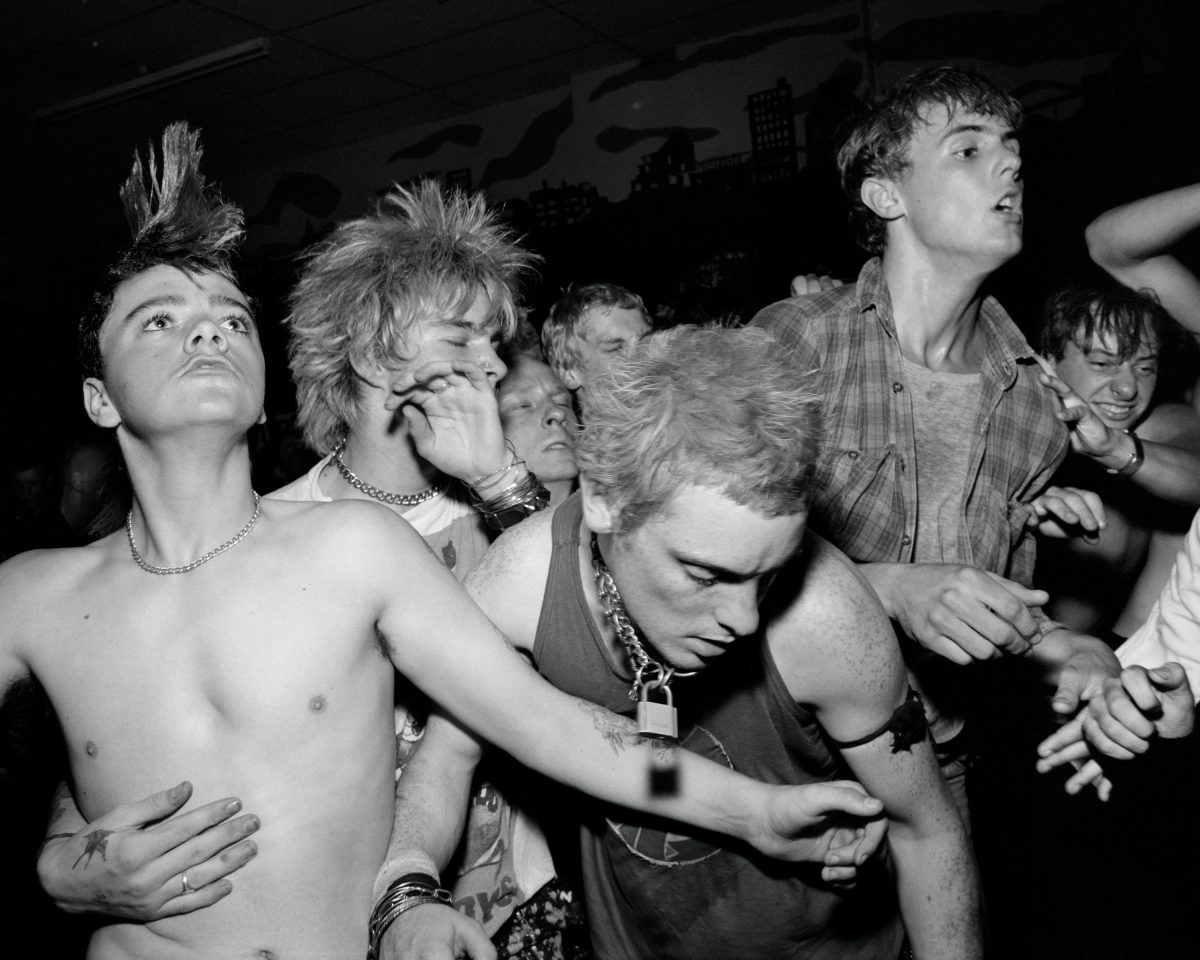
Chris Killip didn’t set out to document the anarcho-punk scene in Newcastle on Tyne in 1985. The photographer moved to the city ten years earlier on a fellowship, then stayed on until the early 90s. What attracted him most, he says, were the people “who history happened to.” Specifically, for Killip – who got his start as a beach photographer in his native Isle of Man – that meant working class people in England’s North East during the period of Britain’s de-industrialization.
Killip became known as “the photographer of the de-industrial revolution,” he says, “but it was by default. I was simply photographing what I saw.”
“During this period, I would also photograph things at night; venues and events. One night, somebody said I should check out The Station – an anarcho-punk venue set up in an old police social club in Gateshead – so I went along the following Saturday and was blown away by the place. It was so different to anything else because it wasn’t a commercial space. It was owned by the people who were dancing there and the bands that played there – a group called the Gateshead Music Cooperative.”
“Things were pretty depressed” at the time, Killip says. Or as Eccentric Sleeve Notes – an online archive for a local music ‘zine that ran from 1981 to 1984 – puts it: “Newcastle was a grim place in the 1980s. Unemployment was high. Culture was low. The town centre was deserted on weekday nights and if you did venture out, you had to watch yourself because the quiet streets made it more dangerous.”
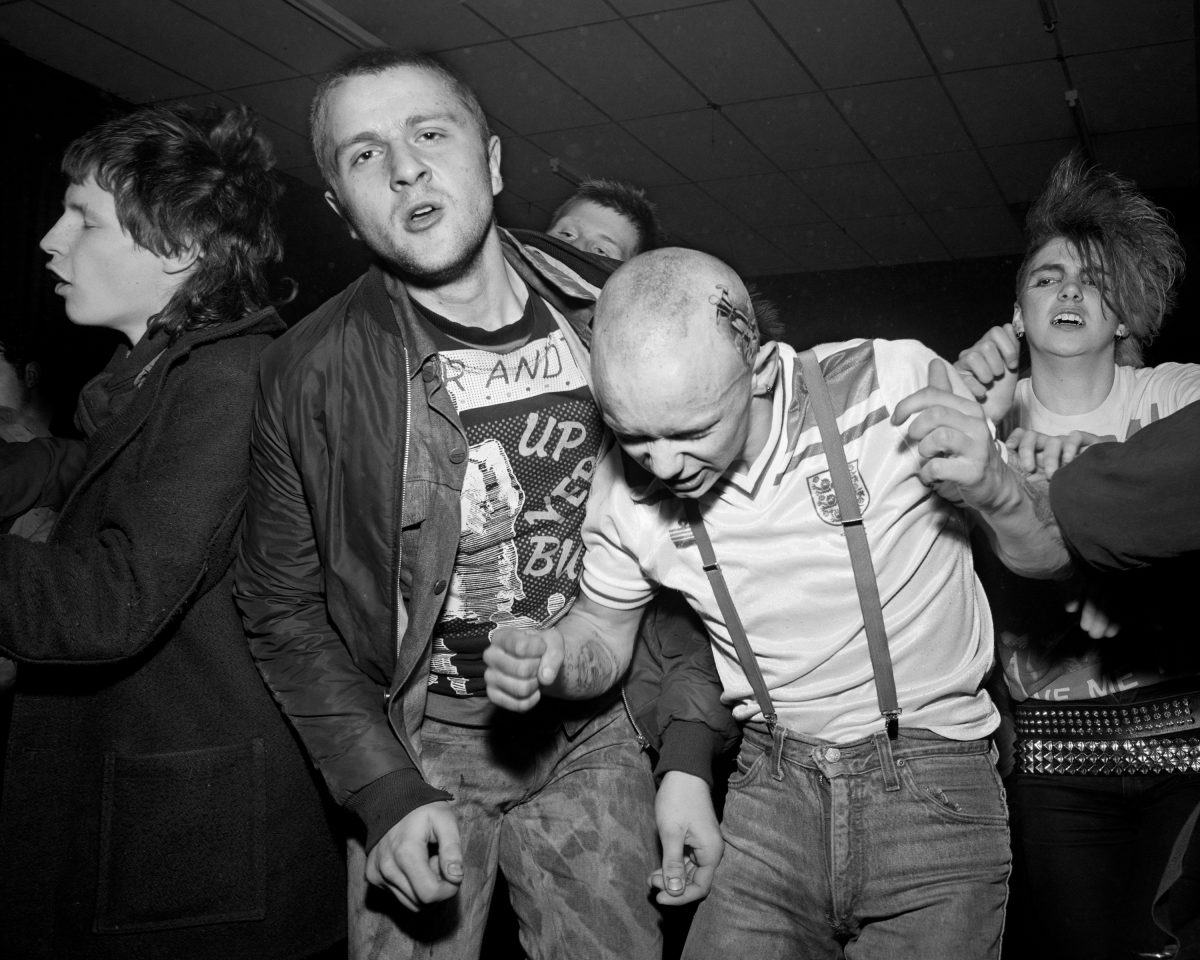
Despite, or because of, the city’s decay, a thriving alternative music scene sprang up. But The Station was an anomaly, off the map. It doesn’t make an otherwise comprehensive ESN survey of 1980s Newcastle clubs. From the looks of Killip’s photos, one might make certain assumptions – that The Station, for example, was the kind of place one might be warned away from, especially if they didn’t fit a certain type.
But instead of the anti-social violence wrongly associated with anarchism or rightly associated with the fascism of right-wing punk, Killip found solidarity. “These weren’t the punks of 1970s London,” he says, “these guys were politically aware. They were very keen on animal rights and would often join the miners’ strike marches…. My problem was that they only had one outfit. They were good outfits: they worked on them until they perfected their punk look. But it meant that the nights all blended into one.”
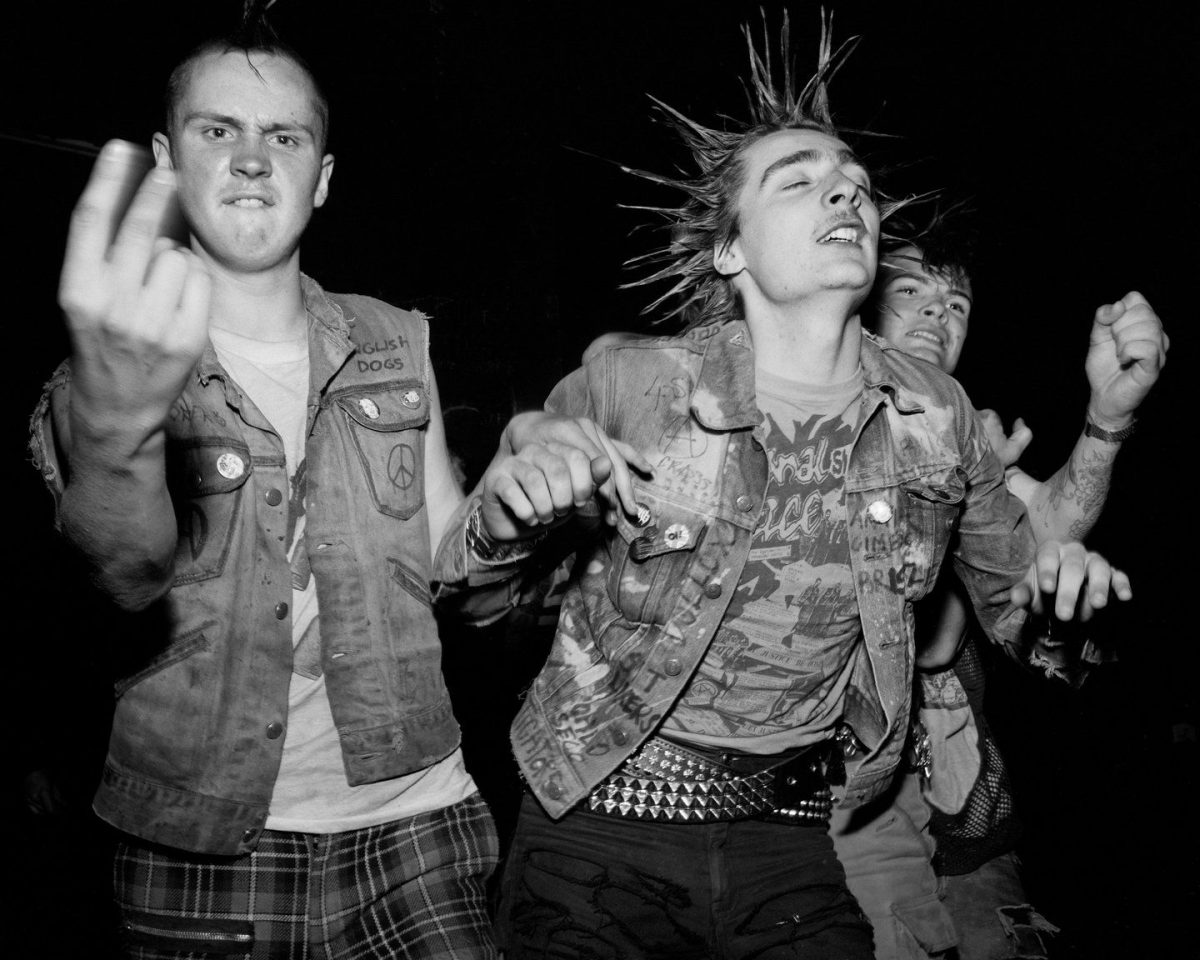
The photographer returned around 20 times after his first foray, photographing with a 4.5 plate camera and Norman flash, achieving a series of technically impressive photos of bodies in motion in moshpits, in a club with no lights where the walls, floor, and ceiling were painted black. He used one photo for the book In Flagrante then stashed the rest for 30 years until his son discovered them and urged him to publish. They are now out in a book titled The Station.
Despite the serious action at the front of the club (women rarely appear in the photos, says Killip, because they tended to stay toward the back out of the fray), nights at The Station were peaceful. “Nobody ever said to me, ‘Who are you? Where are you from? What are you doing here?’” We sometimes see the action onstage too, where “a succession of anarcho-punk outfits unleashed a thunderous lumpen noise,” Sean O’Hagan writes at The Guardian. Bands with names like “Conflict, Death Zone, Eat Shit, Hellbastard, Icons of Filth, Rancid and Toxic Waste.”
Over three decades later, the young men in the photos are grandparents, able to look back on a moment that might have disappeared in history had not Killip, now a professor at Harvard, made his discovery. (The club closed later that year.) “There is a great value in capturing these cultural moments,” he says. “It’s a part of somebody else’s history, and it’s a history that gets overlooked. Young people doing something – succeeding at doing something, organising this club, running it successfully – it’s all forgotten. My hope is that it can be an inspiration to young people today. As in: get your act together, don’t ask permission, get on with it and do it.”
via Huck
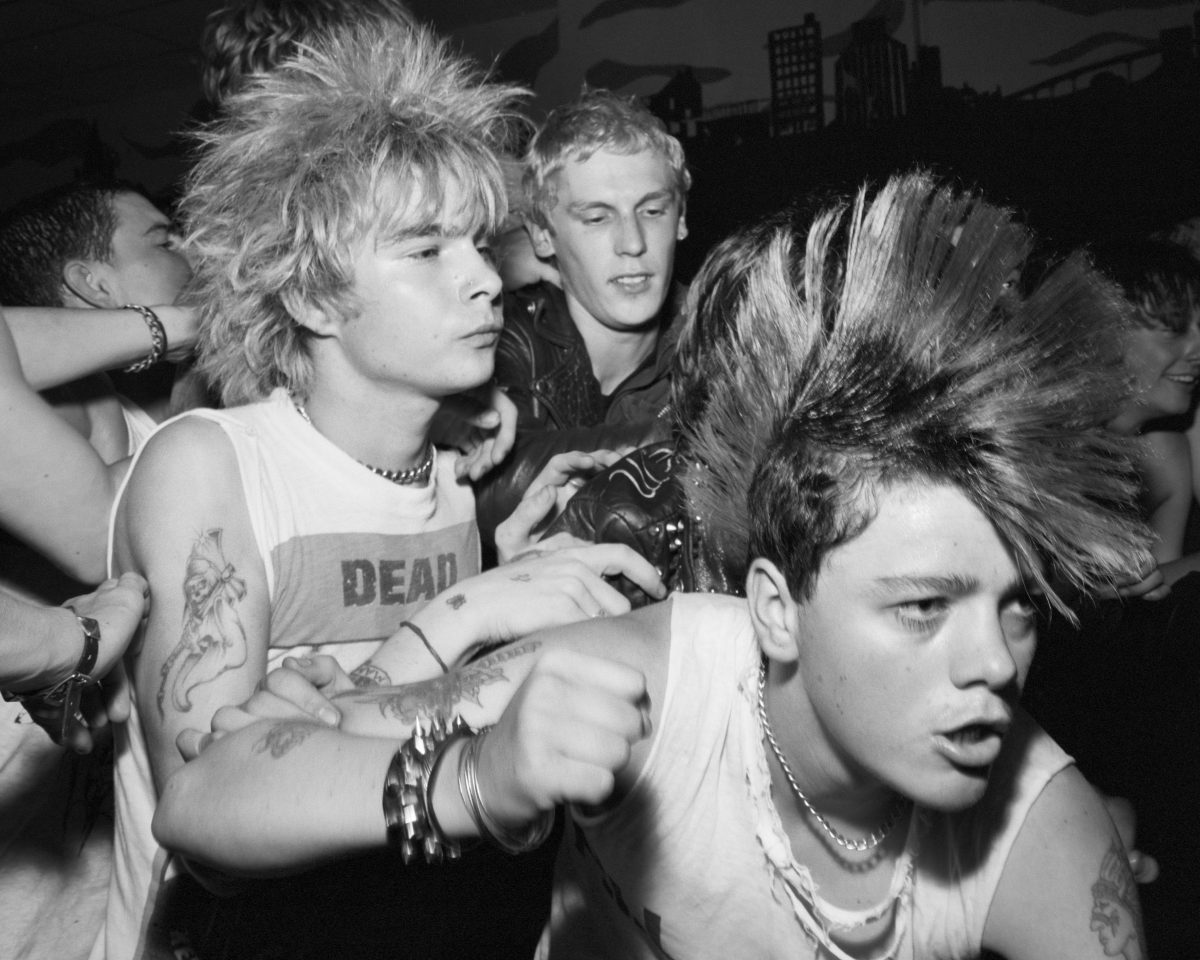
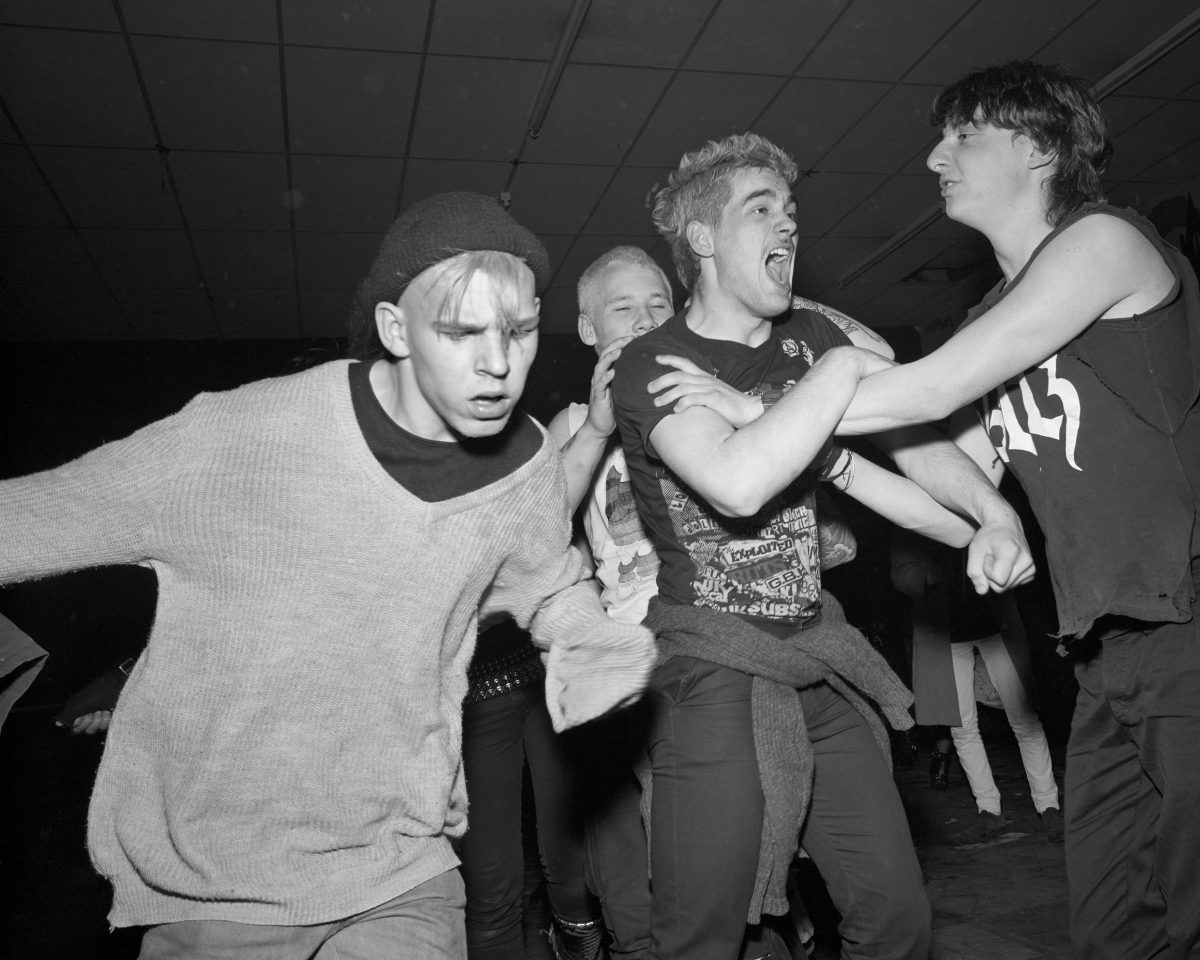
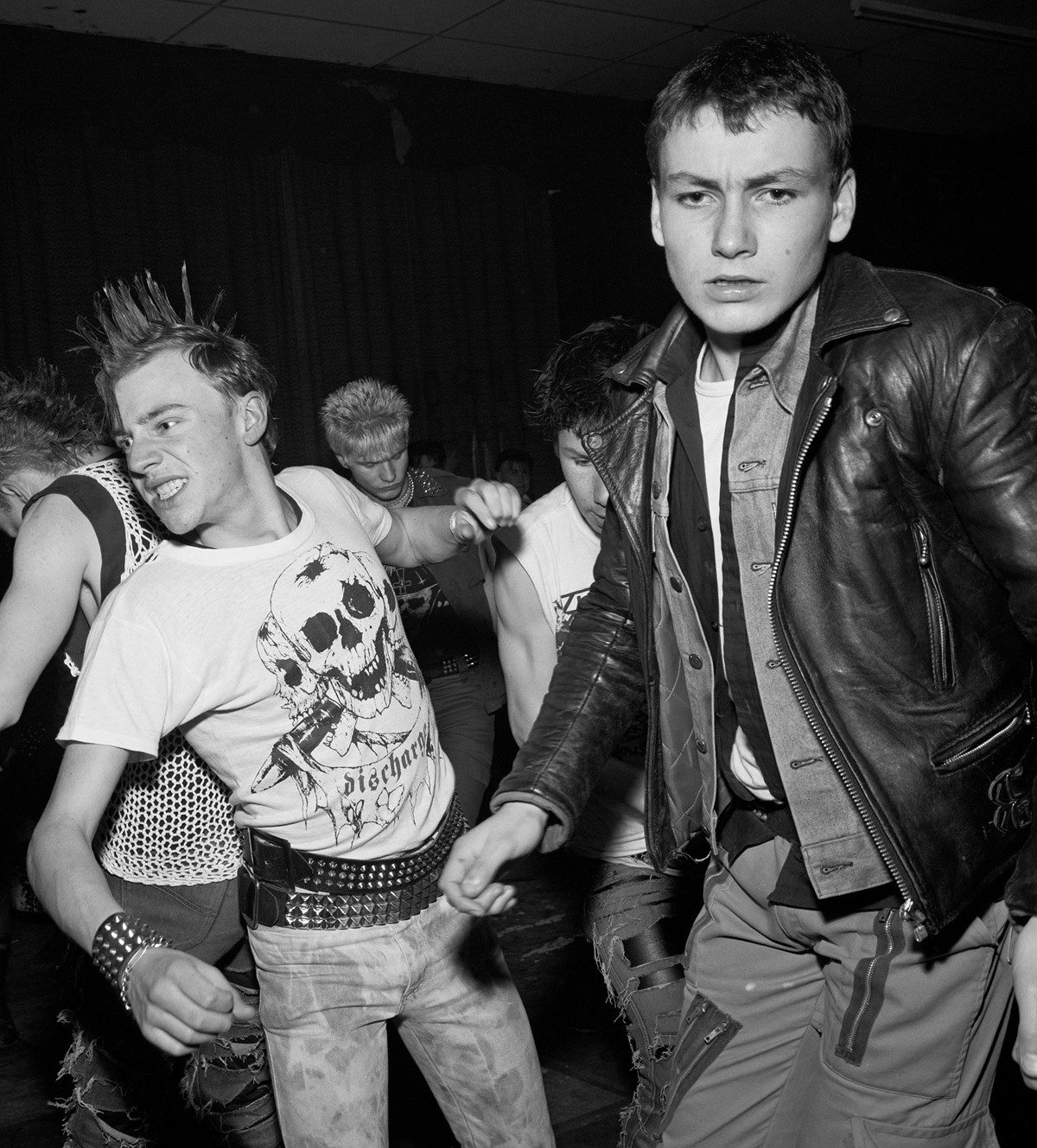
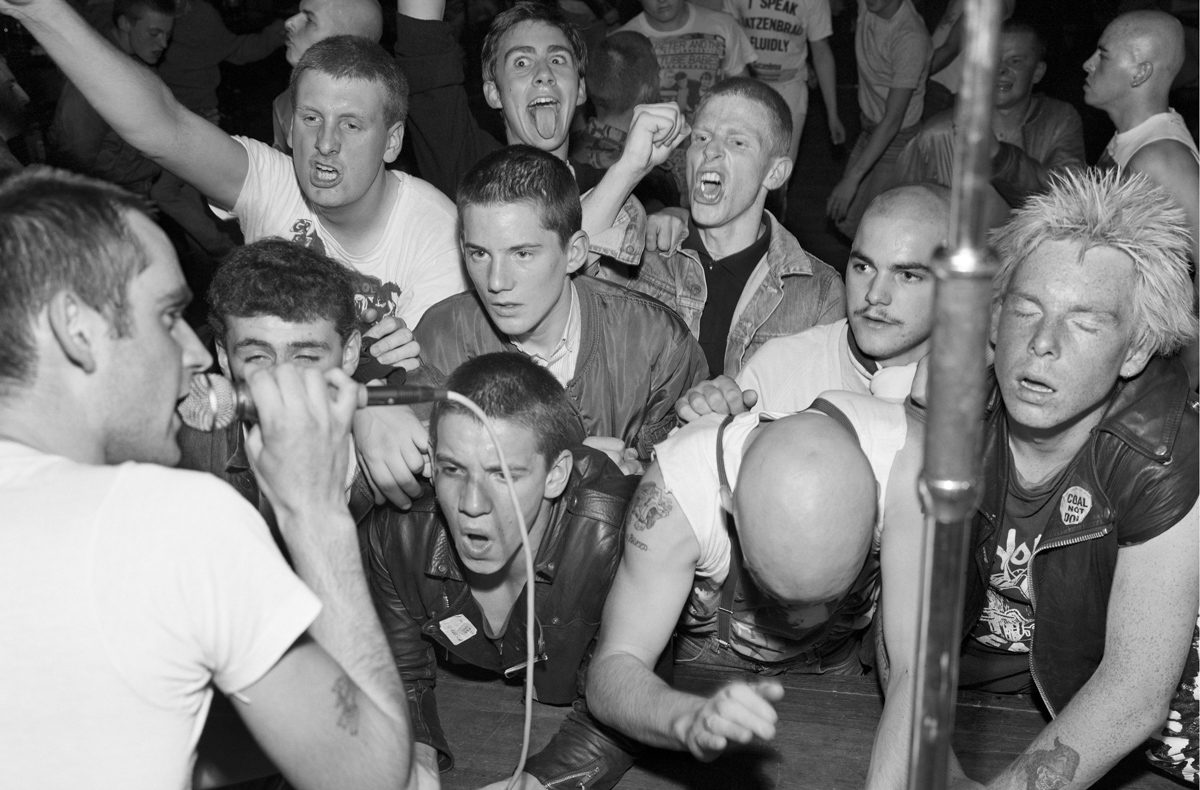
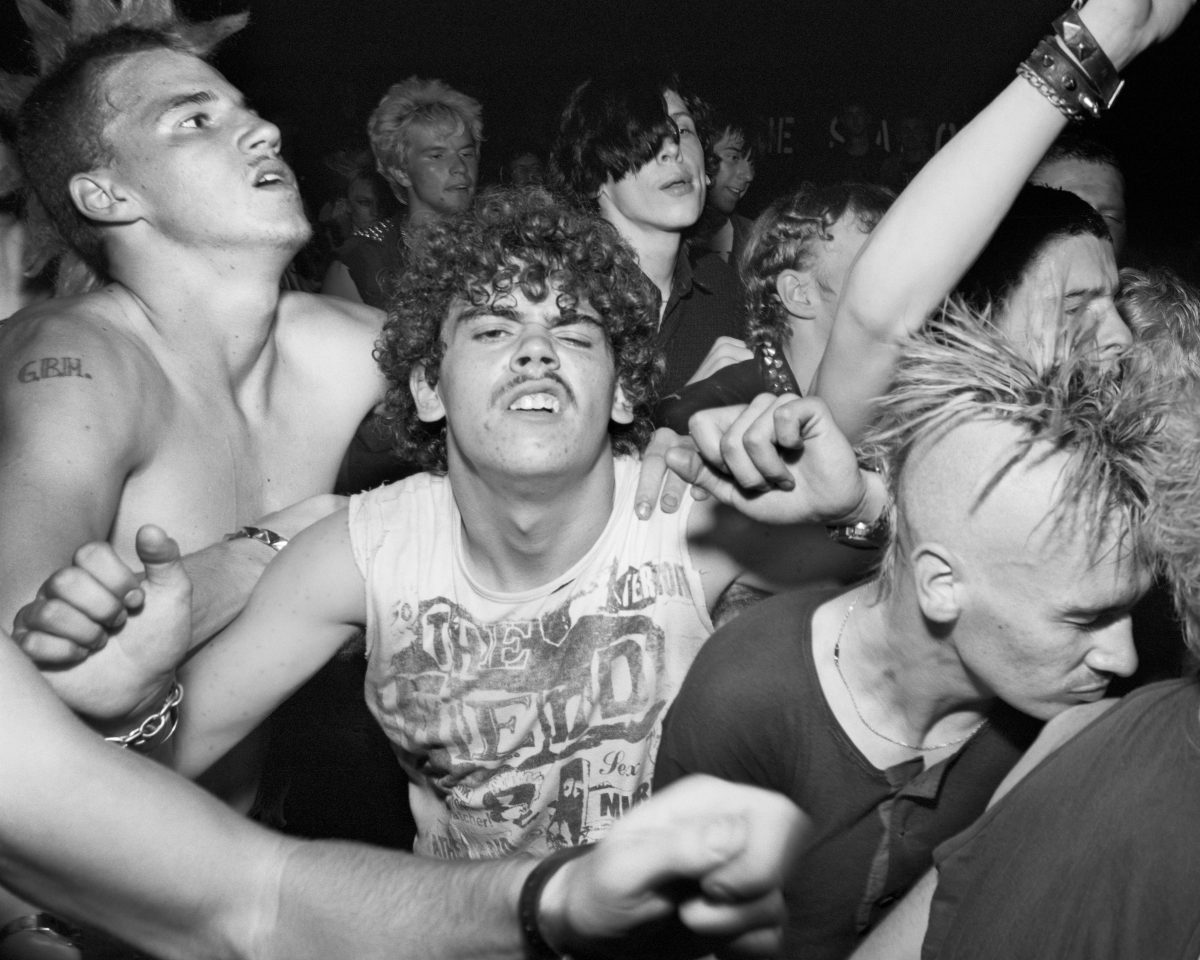
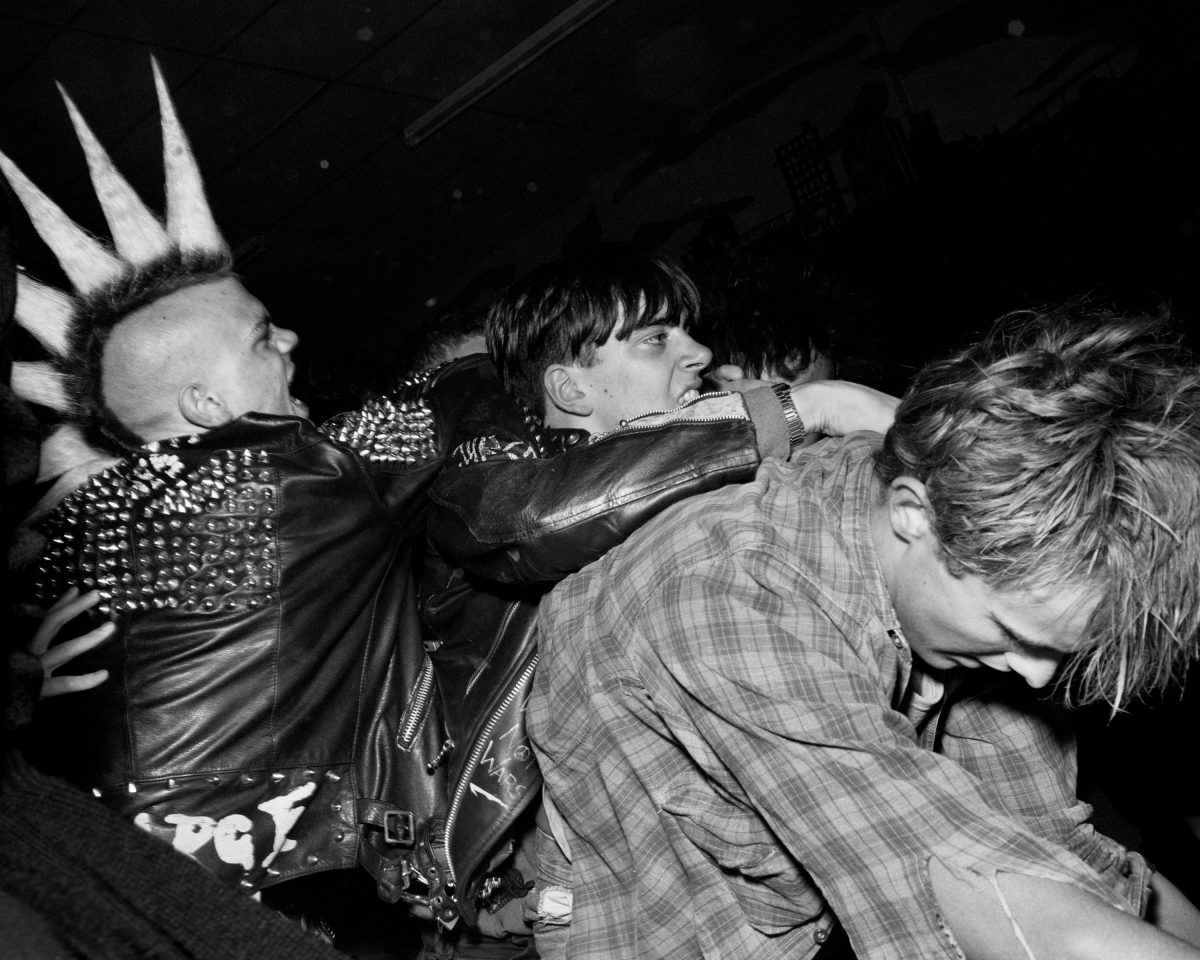
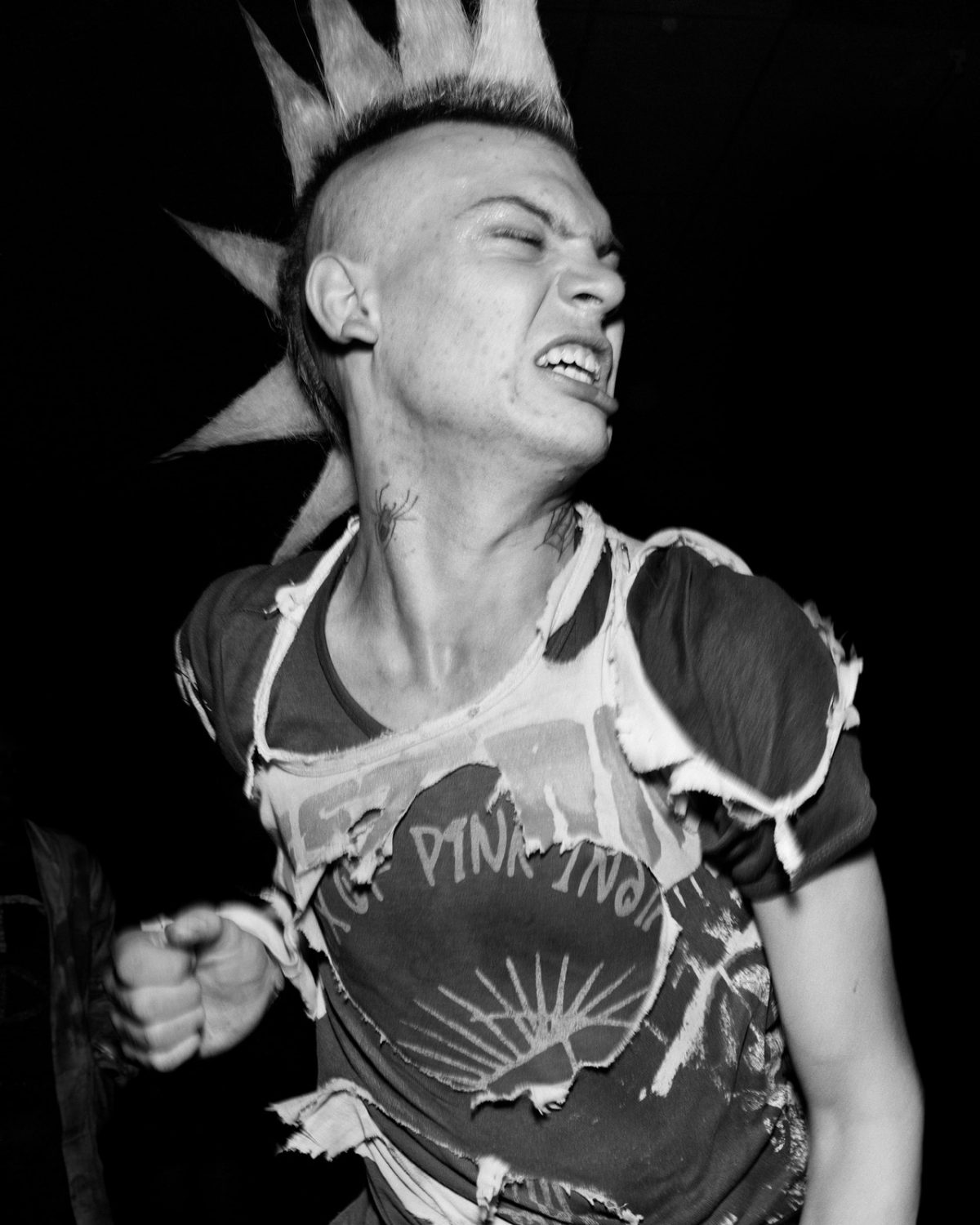
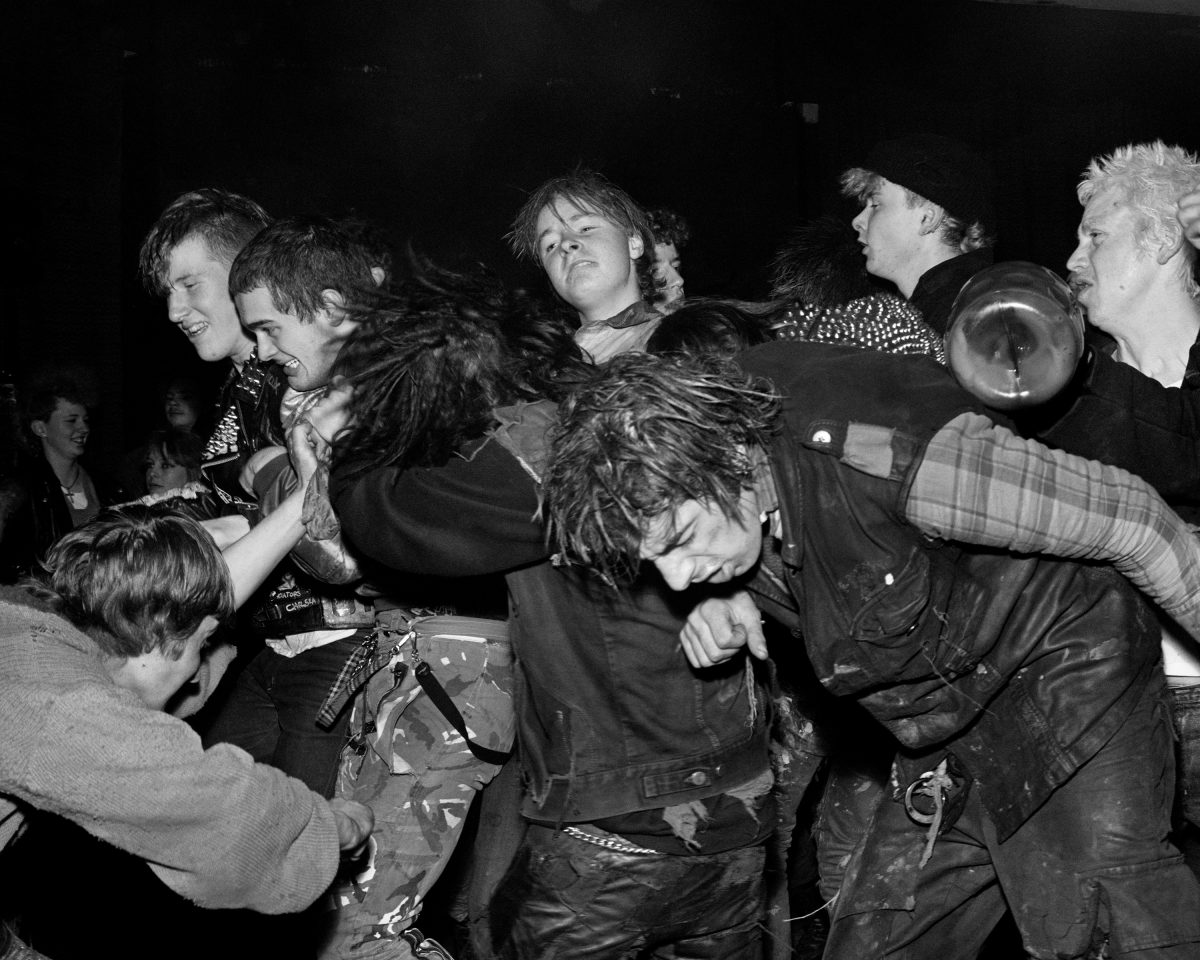
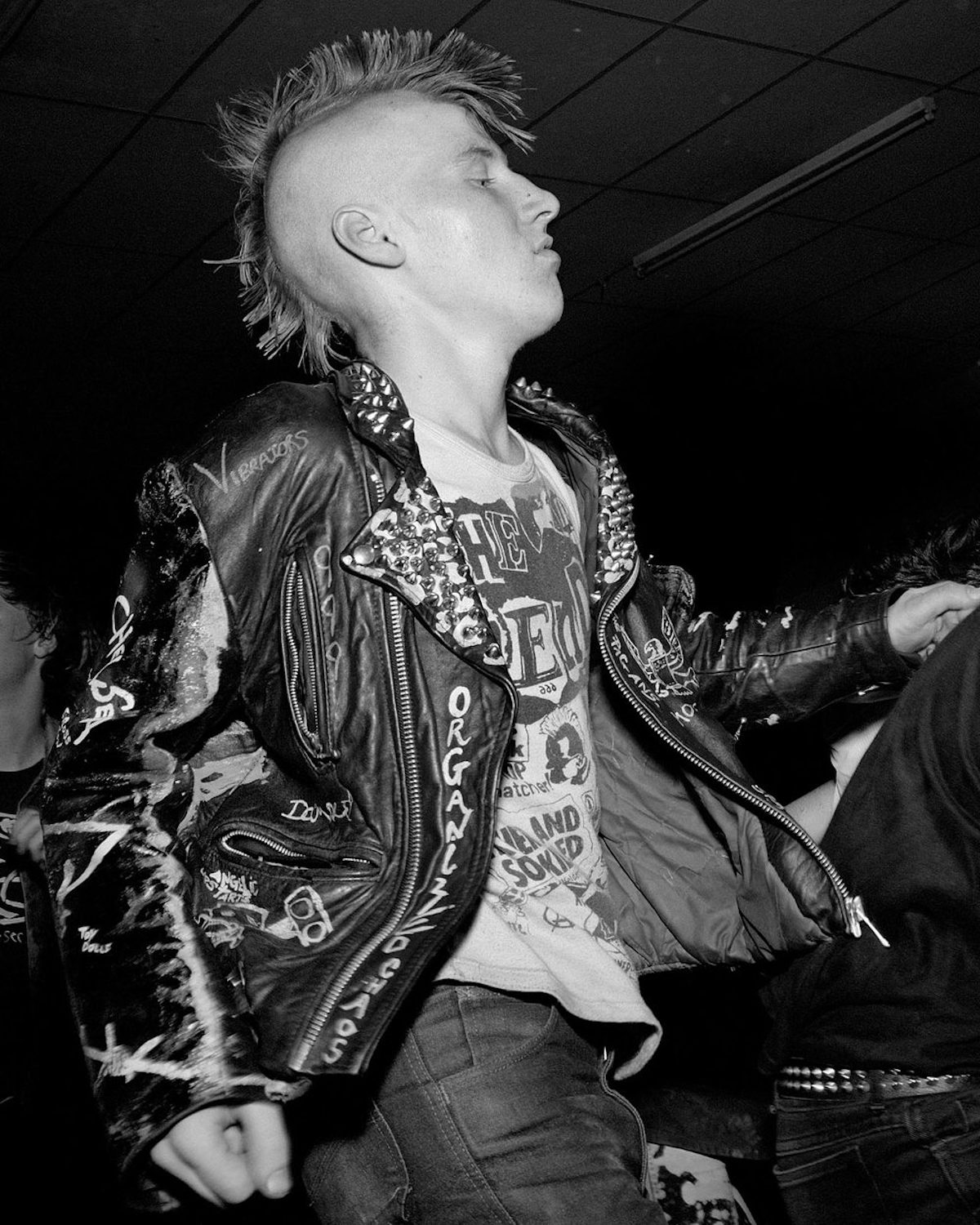
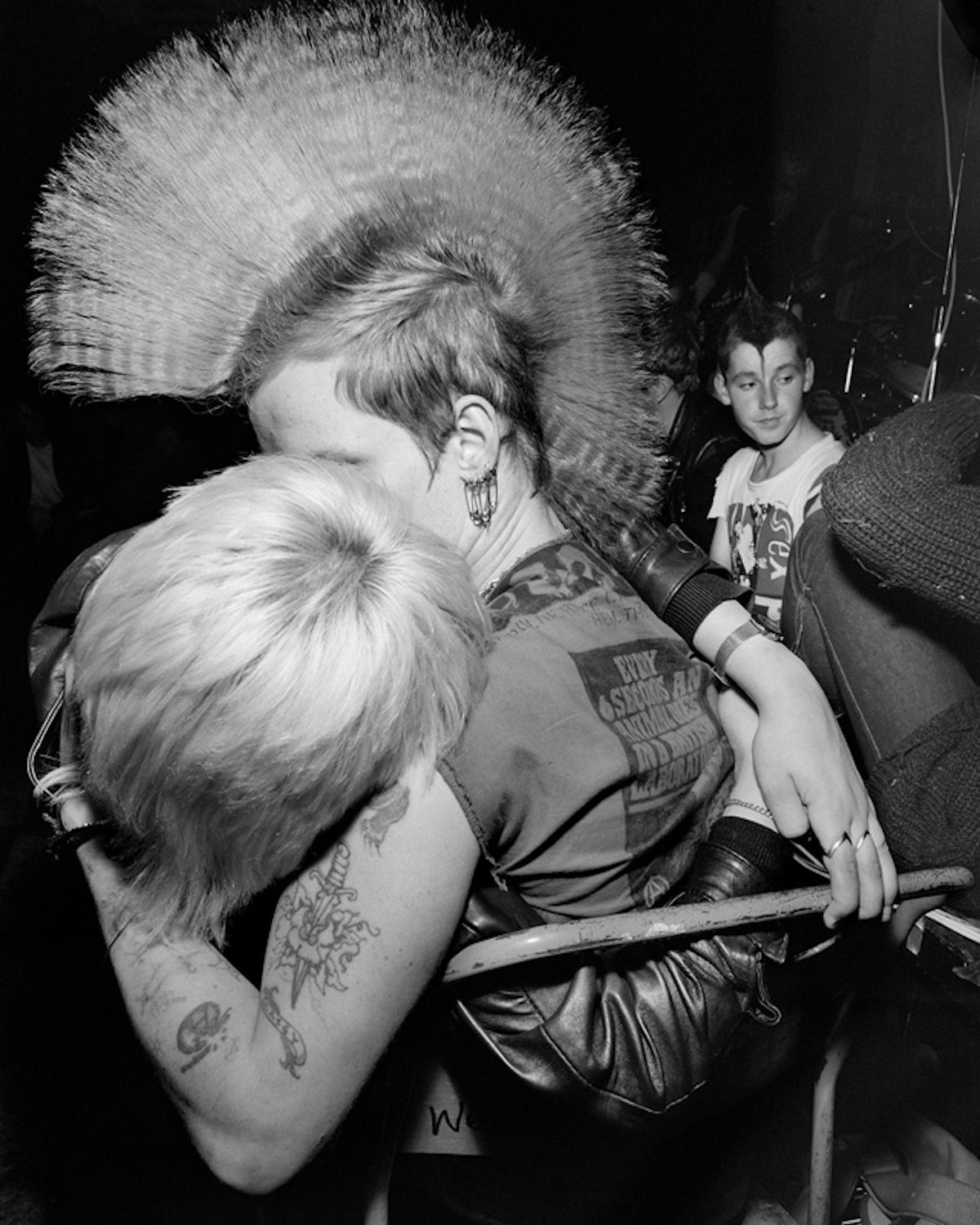
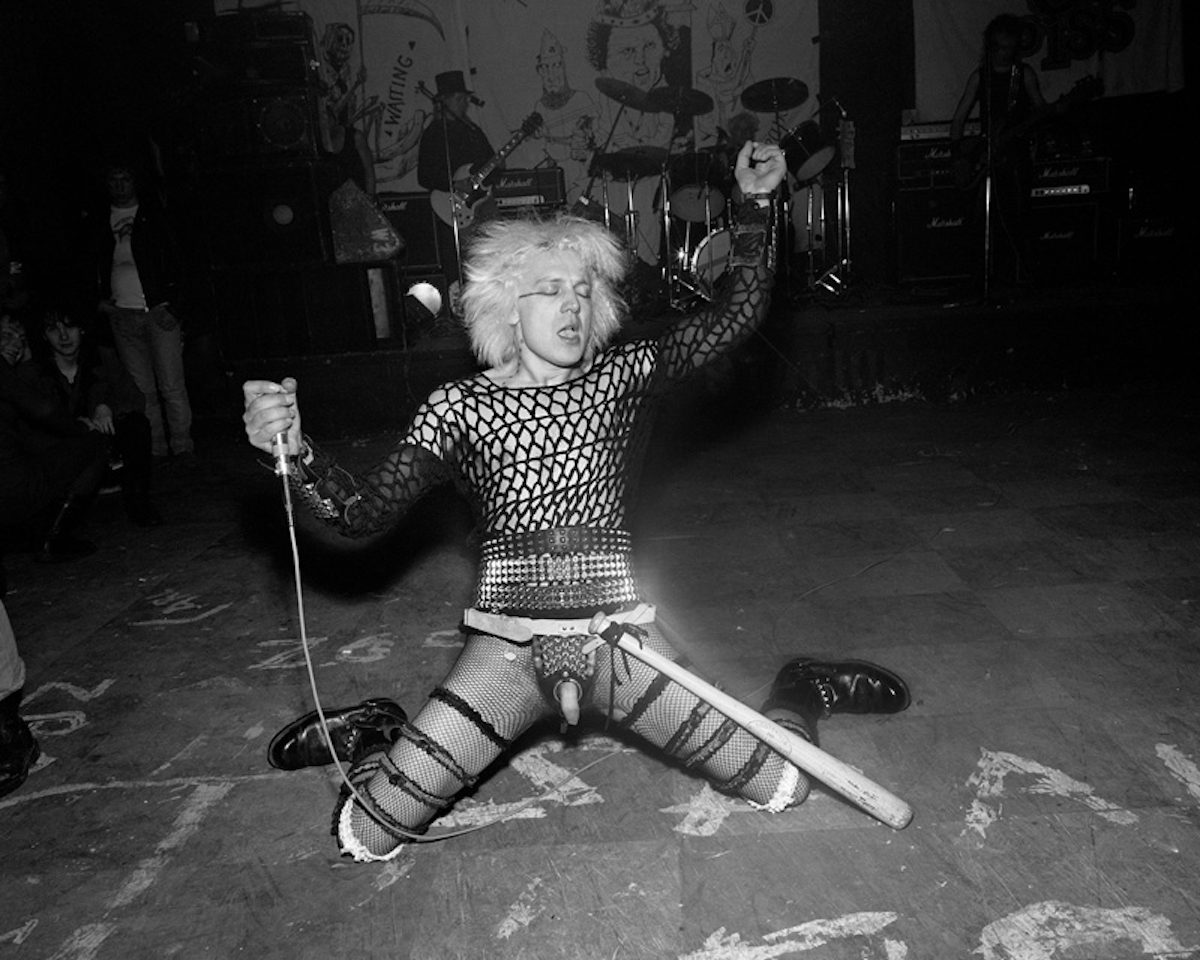
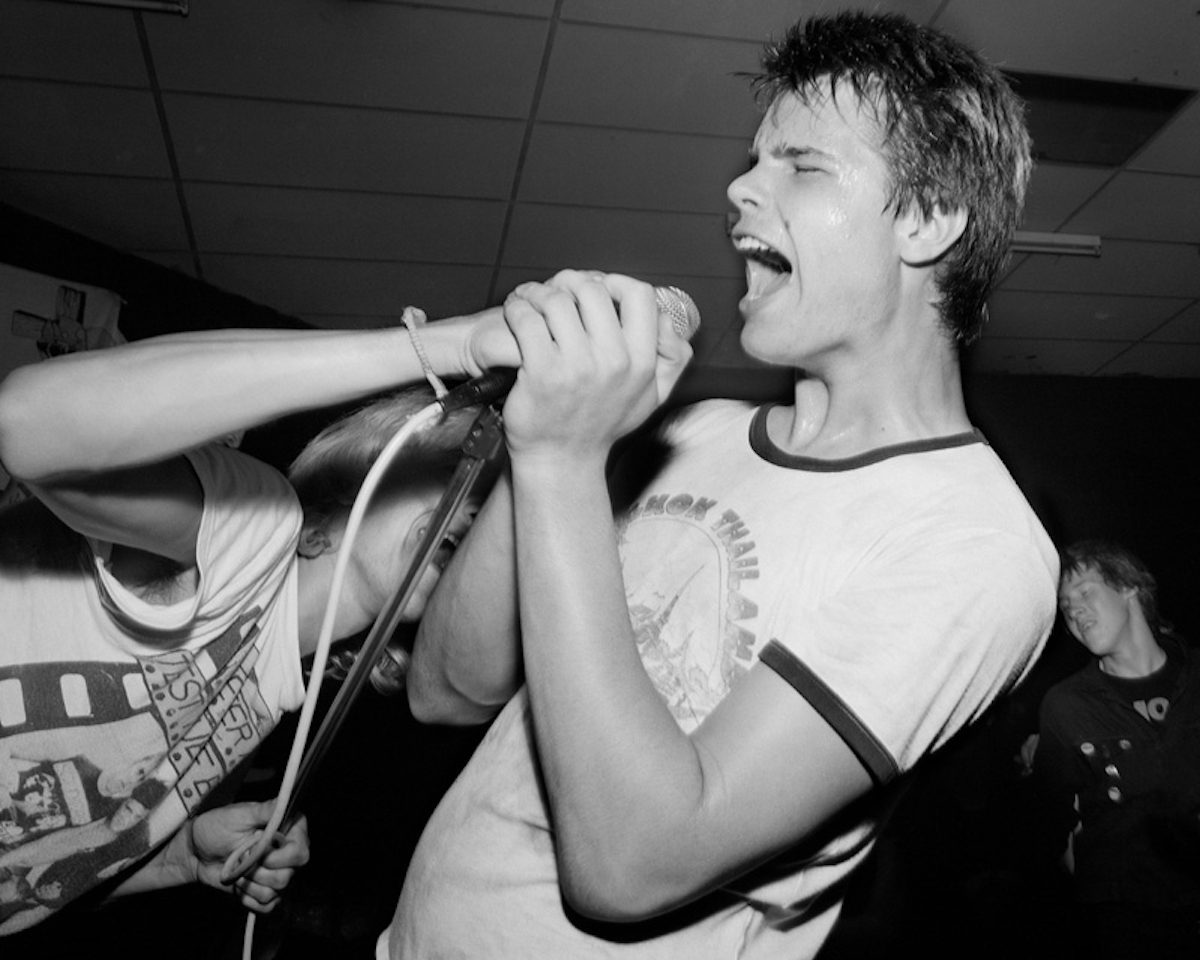
Would you like to support Flashbak?
Please consider making a donation to our site. We don't want to rely on ads to bring you the best of visual culture. You can also support us by signing up to our Mailing List. And you can also follow us on Facebook, Instagram and Twitter. For great art and culture delivered to your door, visit our shop.






